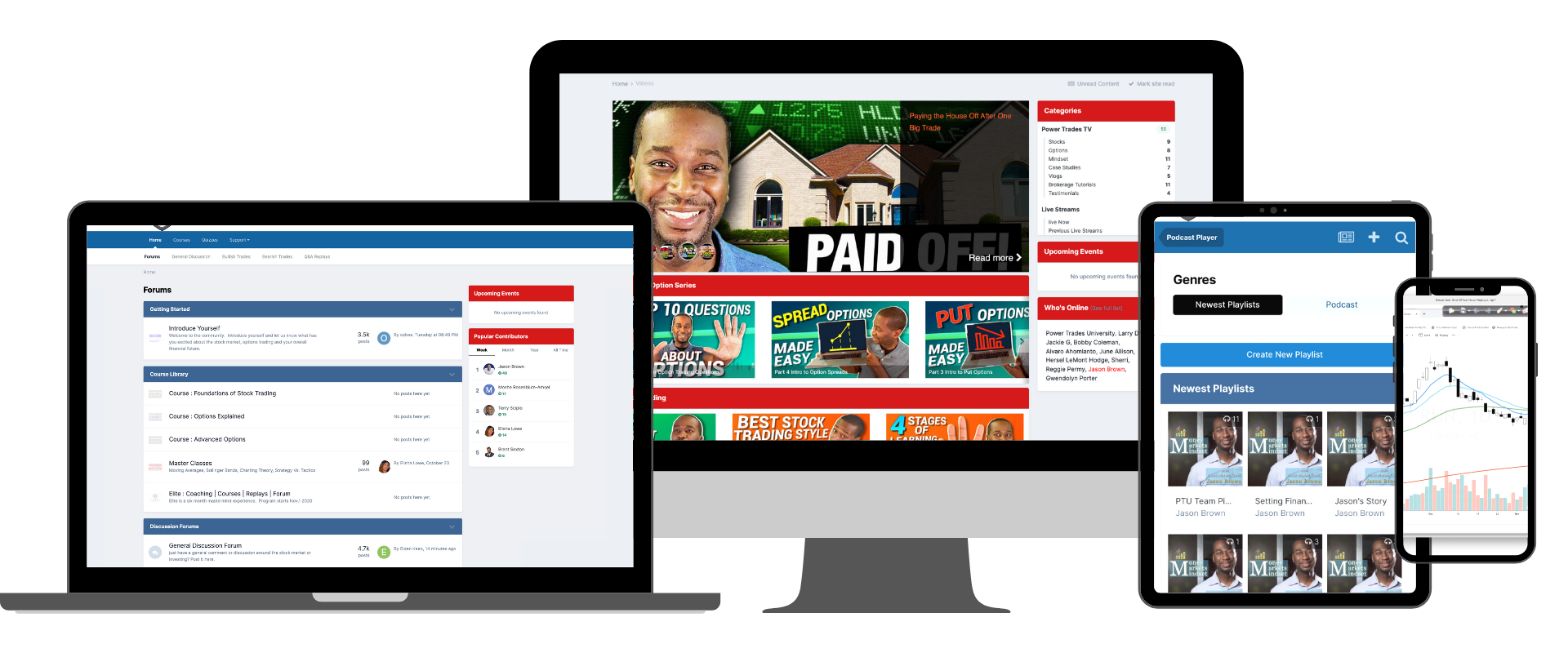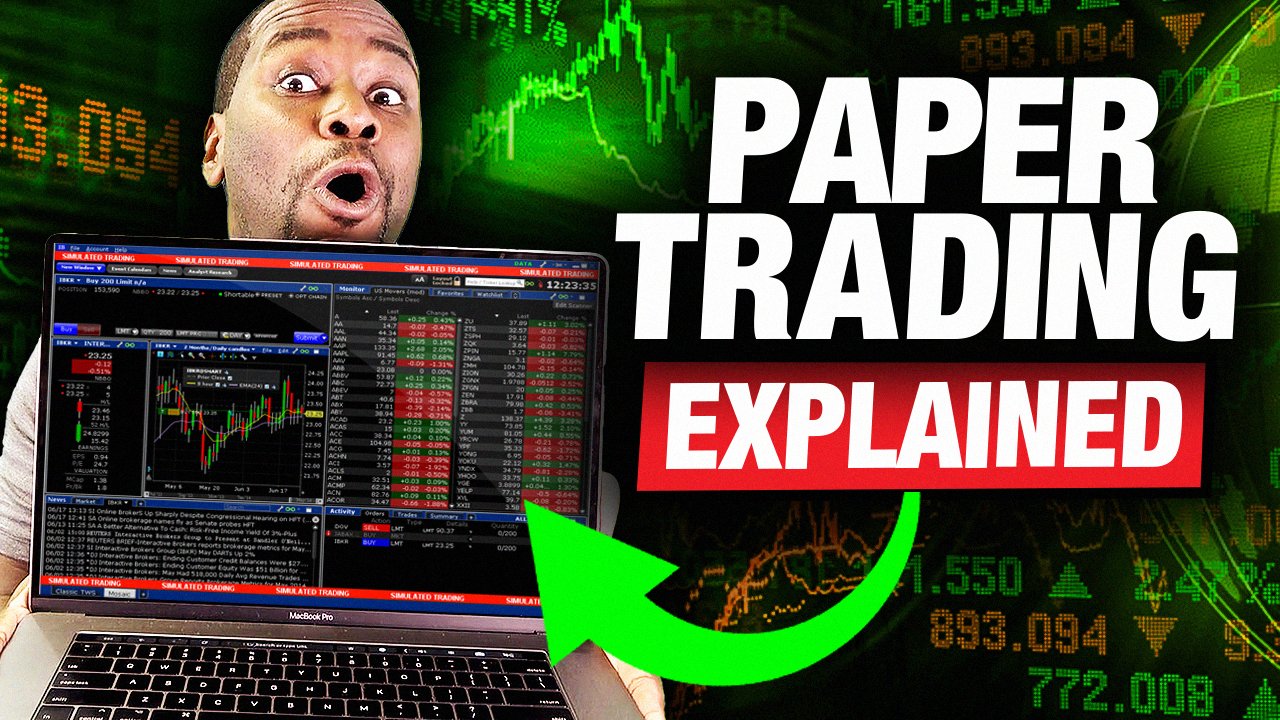As a stock market coach, one of the most commonly asked questions I receive is...
WHAT is Paper Trading and how does it work?
In this episode, I break down the key elements to paper trading, WHY you should practice trade, and pro tips for doing so.
To put it simply...
Paper trading means "practice", or "virtual" trading. It means you can practice trading the stock market in a simulated environment without putting any of your money at risk.
Just like an airline pilot practices flying a plane in a simulator first, stock traders can create an account and get the feel for buying/selling a stock without putting any money in.
Why should you paper trade?
1. You can get acclimated to the platform and familiar with the tools
You don't want to accidentally make a mistake with your trades simply because you don't know where the correct buttons are.
2. You can see if your analyzation and thesis is correct about a particular stock/trade
You don't want to put a ton of money up front when you aren't familiar with trading... only to later find out you were completely wrong about it. When you practice trade while you learn, you can literally practice what you are learning.
Paper Trading Tips
Here are some of the tips I share with the members of Power Trades University.
1. Practice Trade until you are net profitable
If you lose a few trades, but also are profitable on some which makes your account POSITIVE - net profitable.
Or you could also have a 7/10 ratio: meaning you are profitable at least 7 out of 10 trades you make.
You have to master the art of taking small losses before you trade real money.
2. Simulate your real account
Some people start paper trading with a ridiculous amount of money - like $1M of fake money.
But... you don't really have a million dollars.
So set up your account REALISTICALLY.
If you have $2K to start with, then paper trade with that amount and see the potential your real money has.
Not sure which accounts allow for Paper Trading?
Click here to find out in our blog post which compares and contrasts the most popular brokerage accounts.
Okay so now it's time to learn how to trade... in order to practice trade

